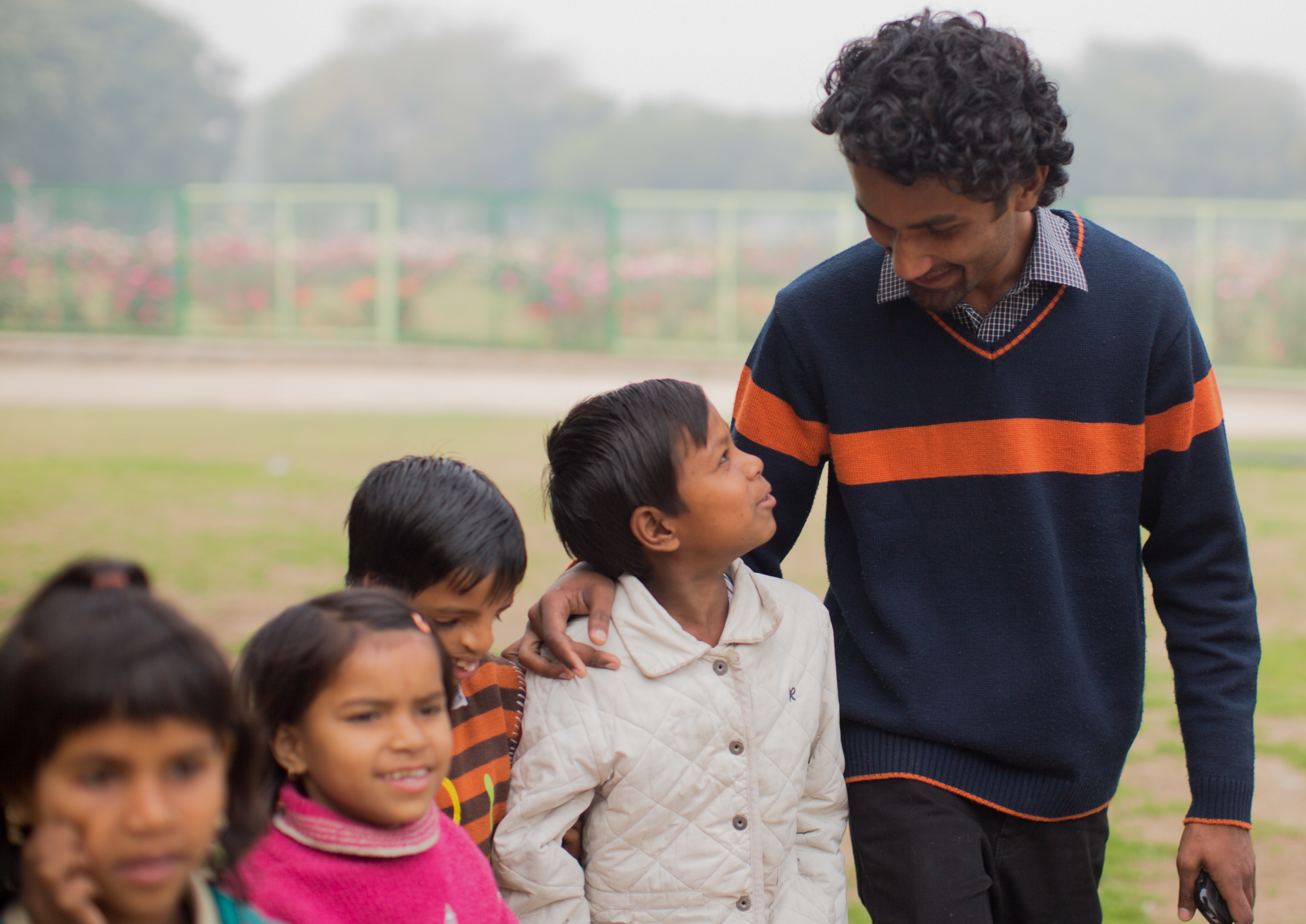As ministries wrestle with the ideas surrounding this question I am pleased to share with you a writing from my friend and ministry colleague who works at a center for the differently-abled in India.
“Your child has a disability.” These are words that no parent wants to hear. It fills parents with fear and deep grief – fear of the unknown, difficulties, struggles, and pain, and grief over the death of their dreams for their child.
I myself struggled with those emotions and had to grapple with the question, “What does it mean to be a parent of a child with autism?” I vividly remember, though, being reminded in my inner spirit, the first time the diagnosis was made, that it was not an accident, and neither was my child a mistake. God was not sleeping when my child was being formed, and neither did this happen as a punishment from God.
God has created each person in His image, no mistakes, no compromises. And we as His children need to affirm and demonstrate this truth in the way we reach out to children with disabilities.
Being the Church
And how can we do this? I think, the first thing that any church can do is to identify the families that have children or adults with disabilities, especially those who have just begun that journey They can provide much-needed support for parents to vent their feelings, to cry, to grieve, to talk or whatever may be needed. And while the parents are going through the process of grieving, there may be siblings who are being neglected, not purposely, but because parents are trying to cope with a piece of news that will change their lives forever. The church needs to reach out to those children.
I remember when we received the diagnosis for our child. I was relieved, because I had known for a while that something was not quite right, but did not know what it was. But my husband was shattered. After receiving the diagnosis, we went to be with close friends. As we sat there, my husband and the host sat not speaking. The hostess and I talked about what to do next. I remember being thankful for friends like them, who provided exactly what we each needed.
Another place where the church can step in is the area of respite care. Parents who have children with disabilities rarely get time to spend away from family responsibilities. The primary caregiver, generally the mother, needs a minimum of one or two days per month away from her child. Otherwise tiredness steps in and a tired, overworked mother makes more mistakes. In the long run, the child suffers.
The church can provide much needed ministry to siblings. A number of children resent the attention given to their sibling with special needs. They seem to be lost in the rush of needs that the other child has. The church and its families can step in to provide a special outing to the sibling, away from the special needs child. A place where he or she feels special and receives extra attention.
Modeling Christ
We need to personify love and grace to the child with special needs as well as his or her family. We need to reach out in understanding and hope, support and prayers, as the body of Christ so that we all can be enriched together and grow as a family of God.



Leave A Comment